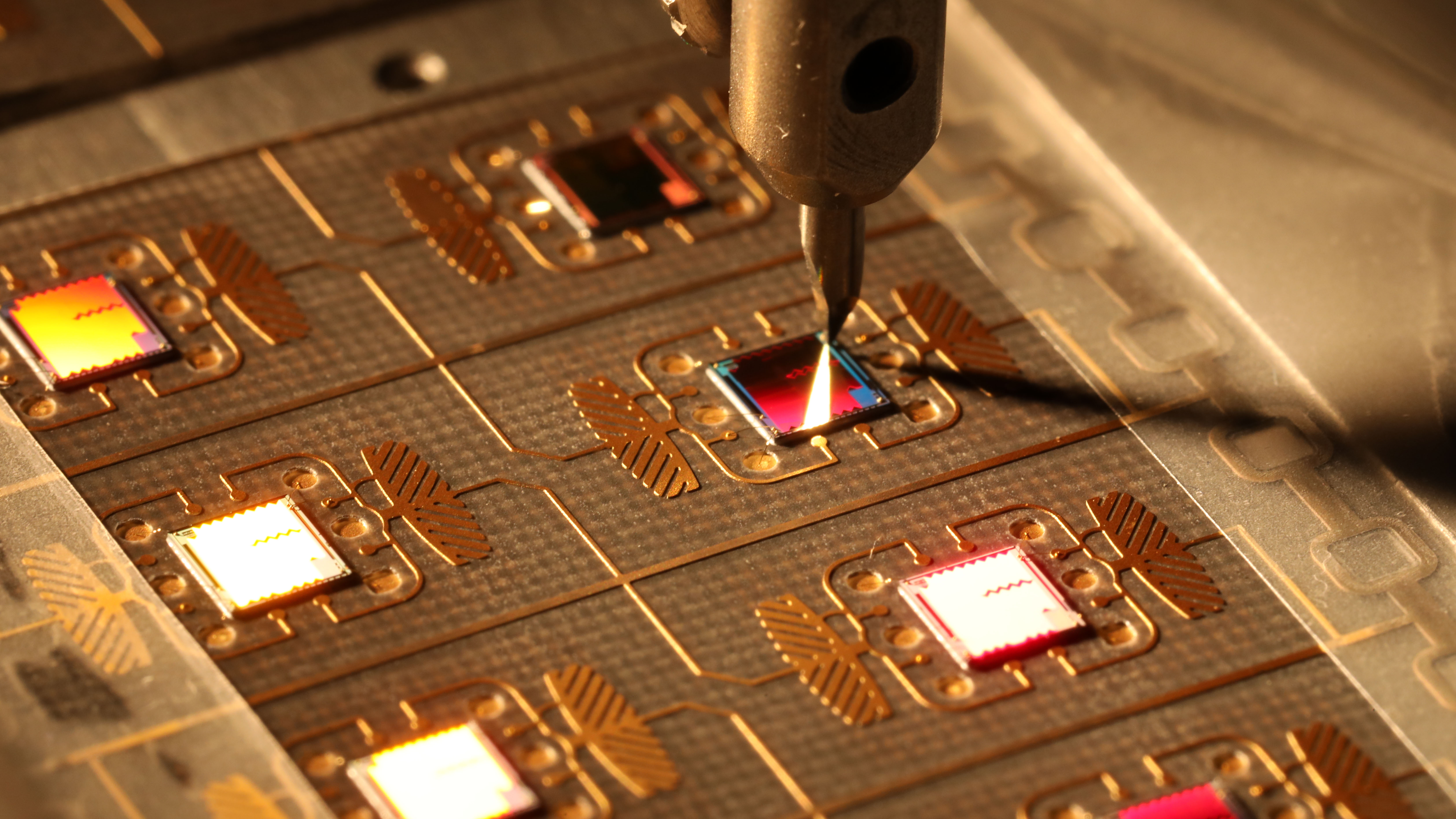Italy is earmarking €4 billion ($4.6 billion) until 2030 to boost its domestic chip manufacturing. According to a draft of the decree seen by Reuters, the plan is to lure in companies like Intel, in an effort to alleviate the current chip shortage and its reliance on foreign chip supply.
Intel has been in talks with Italy to work out a deal worth $9 billion over the next decade, and the company is already investing over $95 billion into its expansion into Europe over ten years. This includes plans to erect an advanced chipmaking plant in Italy, as well as plans to build a massive state-of-the-art chip fabrication plant in Germany. The aim is to use the funding to convert existing factories into chip-making facilities, and build new plants.
Italy is also in chats with STMicroelectronics, MEMC, and Israel Tower Semiconductor to bring “research and development of microprocessor technology and investments in new industrial applications of innovative technologies,” the decree says.
Moreover, Italy is taking advantage of new funding rules under the European Chips Act designed to boost Europe’s chip industry and become less dependent on foreign chip supply, as shipping semiconductors from the United States and Asia can be costly. Italy is trying to compete with other European countries like Germany, France, and the Netherlands who’ve also been pushing hard to charm tech companies into setting shop on their soil.
Intel isn’t the only tech giant making heavy investments into its chip production capacity. Taiwan Semiconductor Manufacturing Corporation (TSMC) plans on spending over $100 billion over the next three years, ramping up production while Samsung is investing $205 billion into its chip manufacturing operations in that same time frame.
Much like the Chips for America Act passed in the United States, the idea is to increase domestic chip production to become more competitive with China, with plans to build two semiconductor factories in Ohio worth over $20 billion.
What’s this mean for the global chip shortage? More factories mean more chips to meet demand. Increased domestic production means an improved supply chain that isn’t tied to one specific region of the world. More importantly, it’ll mean tech we want to buy will have more chance to come back in stock, like games consoles and GPUs.


